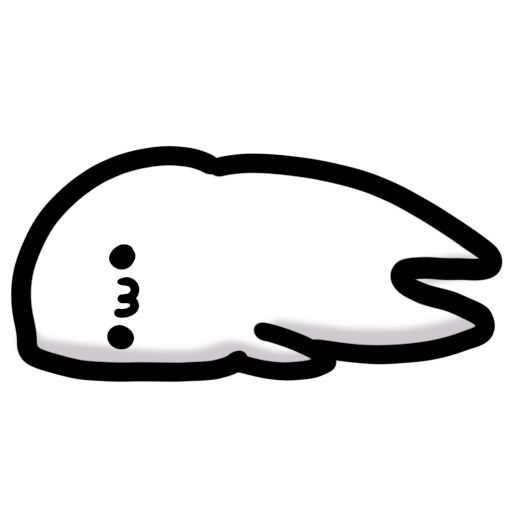掲示板 Forums - Kanji and Headaches
Top > 日本語を勉強しましょう / Let's study Japanese! > Anything About Japanese Getting the posts
Top > 日本語を勉強しましょう / Let's study Japanese! > Anything About Japanese
Are there anything, not necessarily special or significant, that help you with remembering kanji?
Mnemonics are useful, but you probably already knew that. For readings, I like to associate them with a word I already know: 黒(コク)from 黒竜, 氷(ヒョウ)from 氷結, etc.
Sometimes silly things like knowing 送(ソウ)from Frieren or 鬼(キ)from Demon Slayer. Honestly, any association helps. I'm still bad at reading though... 
Maybe writing them a few times and paying attention to radicals?
Since you mentioned headaches, the word for "headache" helped me remember the ず on'yomi for 頭, because it sounds so suggestive of that jarring, nails-on-blackboard feeling of a headache - ずつう. Every little thing helps.
Learning tons of word per kanji. Especially simple word that can be understood only from the kanji. Also mainly/only word with kanji that I've already studied or are currently studying.
For example, 雨水(あまみず, rain water). It's not a common word but because it's so simple, it's far easier to remember (and this case, my brain was able to focus just on the あま reading which is a bit less common). You don't even need to remember the meaning with those word since if you just look at the kanji, it's literally rain + water. And most word are just like that (except that combination can be more complex/abstract). It's like brute-forcing my way slowly but surely. I always try to start with simple word or word that contains kanji that I have already "mastered" (more or less). And just repeat the process.
Common word are important but honnestly, it so much easier to learn the meaning and reading of kanji with simple word like that first and then the common word later.
At least, it really worked well for me. Writing too now but writing is more taxing. Learning basic word is like a puzzle game where I try to guess the meaning and reading of words.
First was 雨水, then 雨気 (あまけ, sign of rain) but why "sign"? I know that 雨 just mean rain, so it's probably only 気 that give that meaning. In the same time, 気 is only "spirit, mind, air, atmosphere, mood" if I trust the dictionary. Why sign in english then? Oh, well, I don't know, I will just try to remember the reading for now.
*months later*
Okay next word... 気配 (けはい, indication, hint, sign)... え?気 again? Why 配?
It's more fun like that =p. And if you're "trained" enough with basic words and kanjis, it's still fun (just a "bit" abstract sometimes). Also, past 5 or 10 words per reading with simple word like 雨水, you won't have to work that much on reading anymore. The most annoying things past 50 or 100 words is when I had to try every combination of reading for some words because I couldn't remember the right one. Or when I try to read 上手 as じょうて....
I feel like everyone else have already said good responses, but I'll go ahead and add mine.
Finding Kanji that both look similar and share pronunciations can be both helpful and make things harder. It's easier to remember the link between the pronunciation and the Kanji... But it makes distinguishing the Kanji harder.
Example: 義, 儀, 議 are all pronounced ぎ
Secondly, rarer or more poetic Kanji that you run into less frequently can be hard to remember, but if you find the title of a work you like that contains it, it makes all the difference. I only can recognize the Kanji in 蒼穹 because I like "蒼穹のファフナー" and whenever I saw the title my brain subconsciously worked on memorizing the Kanji.
Aside from those two, writing Kanji based purely off of memory and then checking is great practice as well. Personally, as a high schooler, on my math I've been in the habit of writing my lesson numbers in Japanese in my notebook I use for math after the English. For example, 第六十三レッスン. I am now aware that's probably not the normal way to write lesson numbers in Japanese (I'm pretty sure it'd be 第六十三課 if aiming for Kanji only), but having consistent practice at writing the characters is essential to memorize them enough to be able to write them without guides. Most Kanji I know I still can't write from memory even though I can read them because I haven't gotten practice writing them by hand yet.